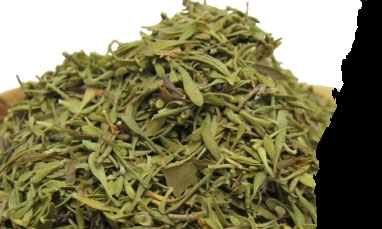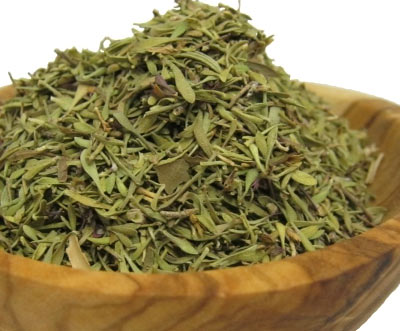Turkish Thyme exporter as a herb comes in more than 300 varieties and seven different chemotypes (plants of the same species that are similar in appearance but differ in their chemical composition). Since each chemotype yields different leaves with a different set of chemical properties, the therapeutic properties may also differ.Thyme leaves is used in soaps and antiseptic preparations. Historically, Export thyme of Turkey has been included in pot-pourris, herb bags and pillows, and the garden type in anti-moth bags, on herb seats, and in lawns. Thyme is good for insect bites, and was once used as a medicinal snuff.Thyme is a plant found year-round that is native to the Mediterranean. It's grown in many European countries, Morocco, and the United States. The flowers, leaves, and leaves of Turkish thyme are used in herbal medicine. Aside from its uses in medicine, thyme is also used in cooking, perfumes, soaps, cosmetics, and toothpastes.
Thyme leaves supplier of Turkey possesses warming properties that facilitates getting rid of mucous and phlegm from the congested respiratory tract. In addition, this leaves may also be used to fortify the nervous system as well as promote memory. Thyme leaves possesses very strong antiseptic properties. In fact, owing to the potency of this natural leaves, it should never be used by women during pregnancy. As thyme leaves supplier stimulates the uterine, use of this leaves by pregnant women may result in adverse reactions, occasionally forced abortions. Turkish Thyme exporter is used topically in herbal medicine as an antiseptic and antimicrobial for minor cuts and scrapes (i.e., an agent that stops bacteria from growing and causing infection
Export of Thyme is a major herb and is an essential part of a bouquet garni (together with bay and parsley). The plant dries very well, so its properties are always available for use in the kitchen. Thyme’s fragrance also lasts in cooking, so it is good for long-cooking stews and casseroles; Turkish thyme fixes the iron in meat, so it helps the digestion of stews and casseroles. These properties also make flatulence-inducing foods like beans easier to digest (as practised by the Ancient Egyptians). Its preservative properties make it a natural inclusion in things like pates, sausages, potted meats and pickles; fresh chopped leaves are also delicious added to bread dough’s, omelettes and mushroom dishes. For its flavour, use thyme exporter in marinades, under meats on barbecues, in stuffing’s, soups, stocks, court-bouillons, herb butters for grilled meat or leavesy fish, and the lemon-scented variety in sweet things like batters or syllabub. (In Iceland, they flavour sour milk with lemon thyme.)
Thyme leaves from Turkey also extends its benefits to maintaining a well-functioning heart. The anti-spasmodic property of Turkish thyme leaves supplier keeps the valves functioning properly, while relaxing the arteries and maintaining a healthy blood pressure. hyme occurs in the west Mediterranean to the southwest Italy. The herb was known to the Sumerians, used by the Egyptians, Greeks and Romans. Thyme exporter was praised by the herbalist Nicholas Culpeper (1616-1654) as "a notable strengthener of the lungs". Its main medicinal application is in treating coughs and clearing congestion. Many current formulas for mouth washes and vapor rubs contain thymol, one of the constituents found in thyme. It also improves digestion, destroys intestinal parasites and is an excellent antiseptic and tonic.
Thyme supplier of Turkey is often used on the skin as a compress. The compress is prepared by pouring 1 cup of bleavesing water on 11 g of the dried leaves and flowers of thyme , letting it sit for 10 minutes, and using a cloth to apply it to the skin. The compress can be applied as needed.
Turkish thyme leaves export extracted by steam distilling the flowering tops of thyme is rich in phenol content and, hence, is pricier compared to common or sweet thyme leaves exporter . Nevertheless, considering the high concentration of phenols, red thyme leaves ought to be used with great caution. Using the red thyme leaves of Turkey in excess amounts or high concentrations may result in skin irritations. It is an excellent initiative to undertake a skin patch using red thyme leaves and test if any allergic reactions occur after a gap of 24 hours. Here is a word of caution. Owing to its highly potent elements, red thyme leaves should never be used by pregnant women or children.





